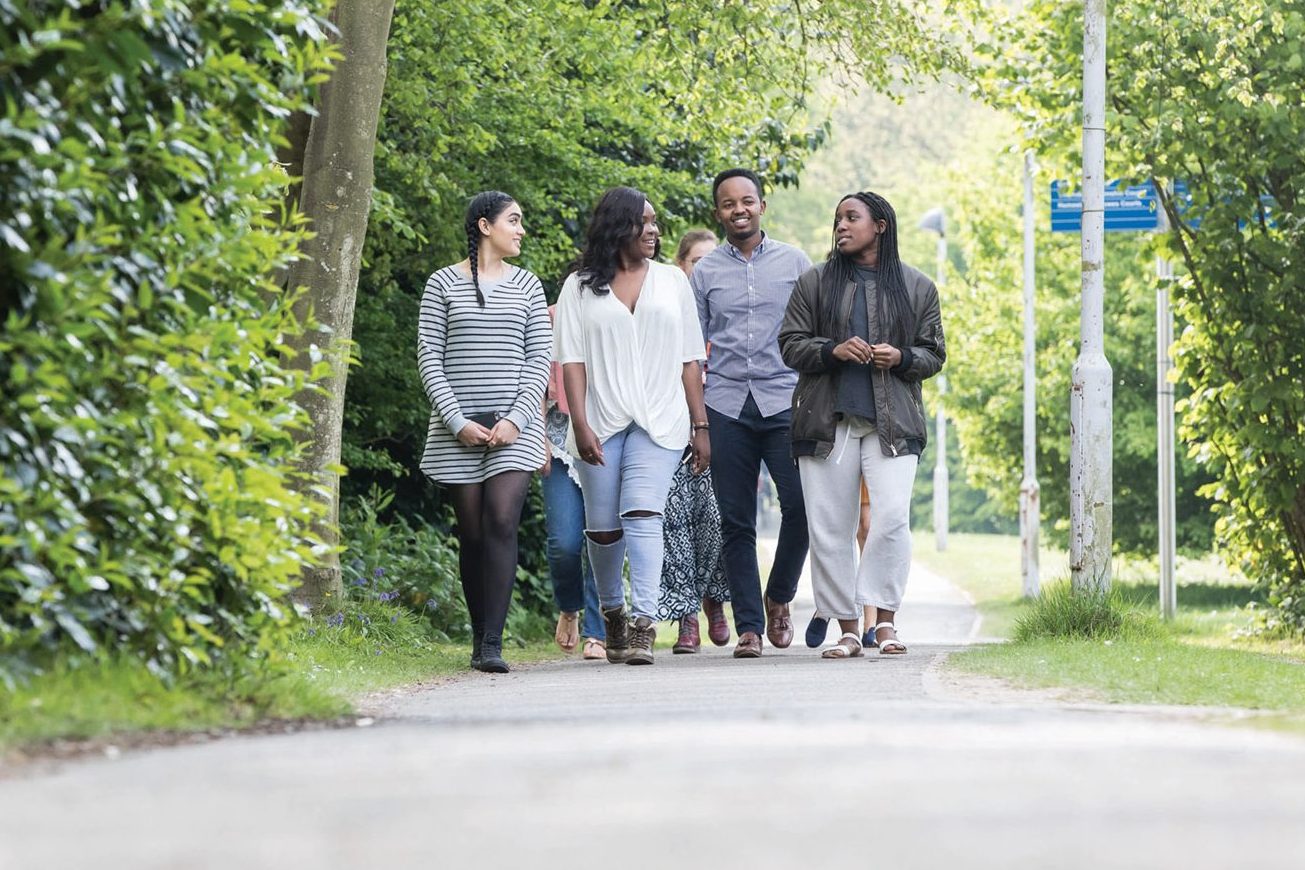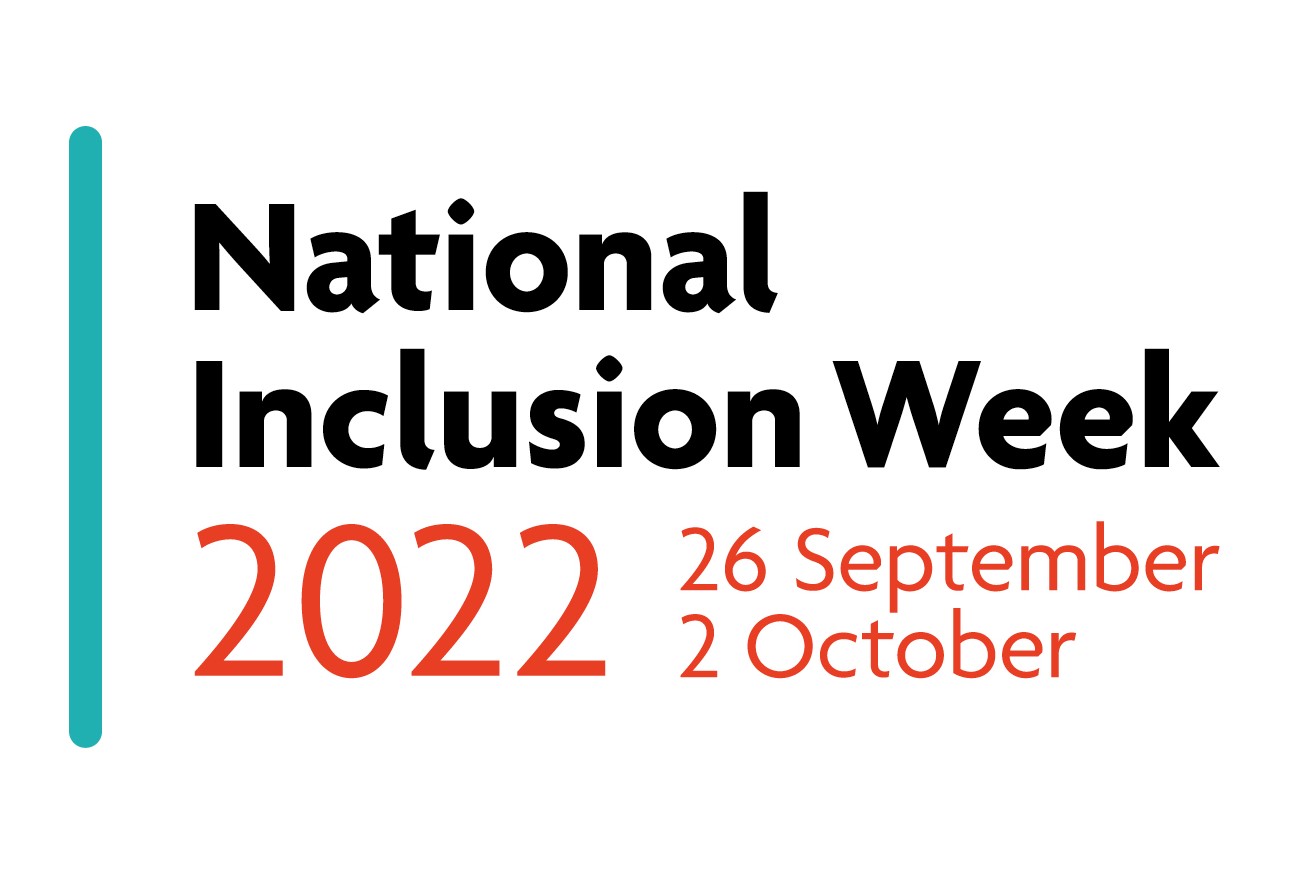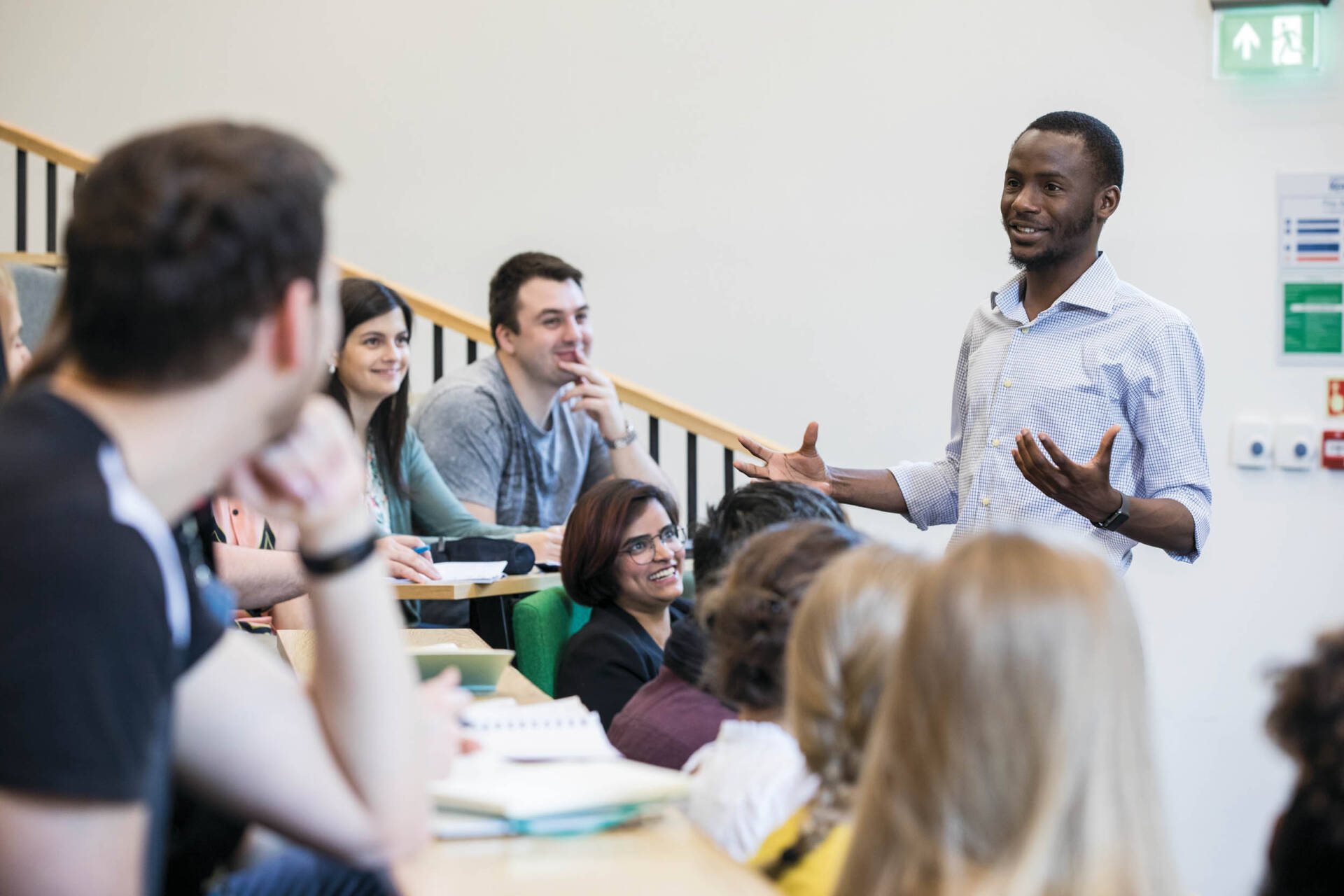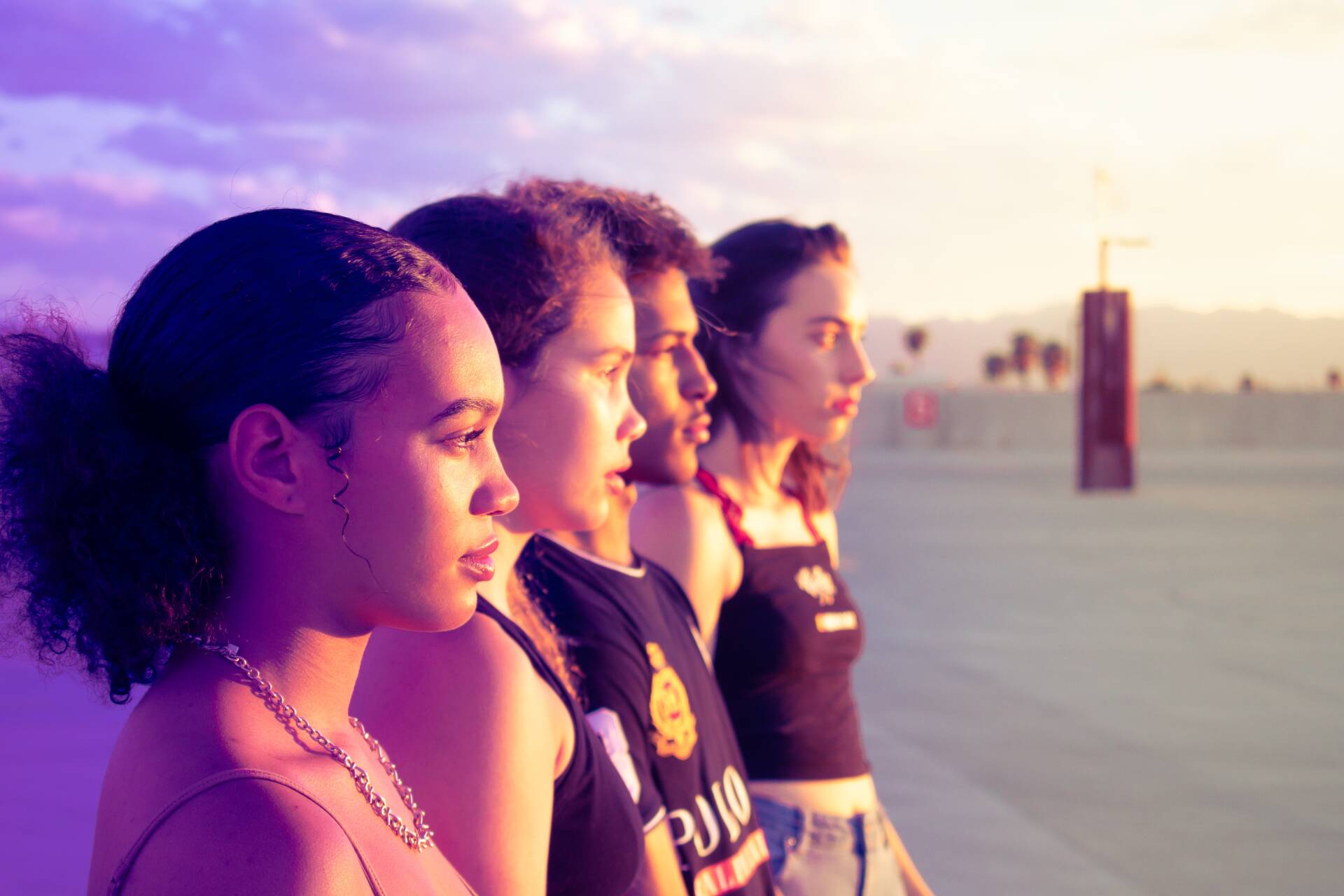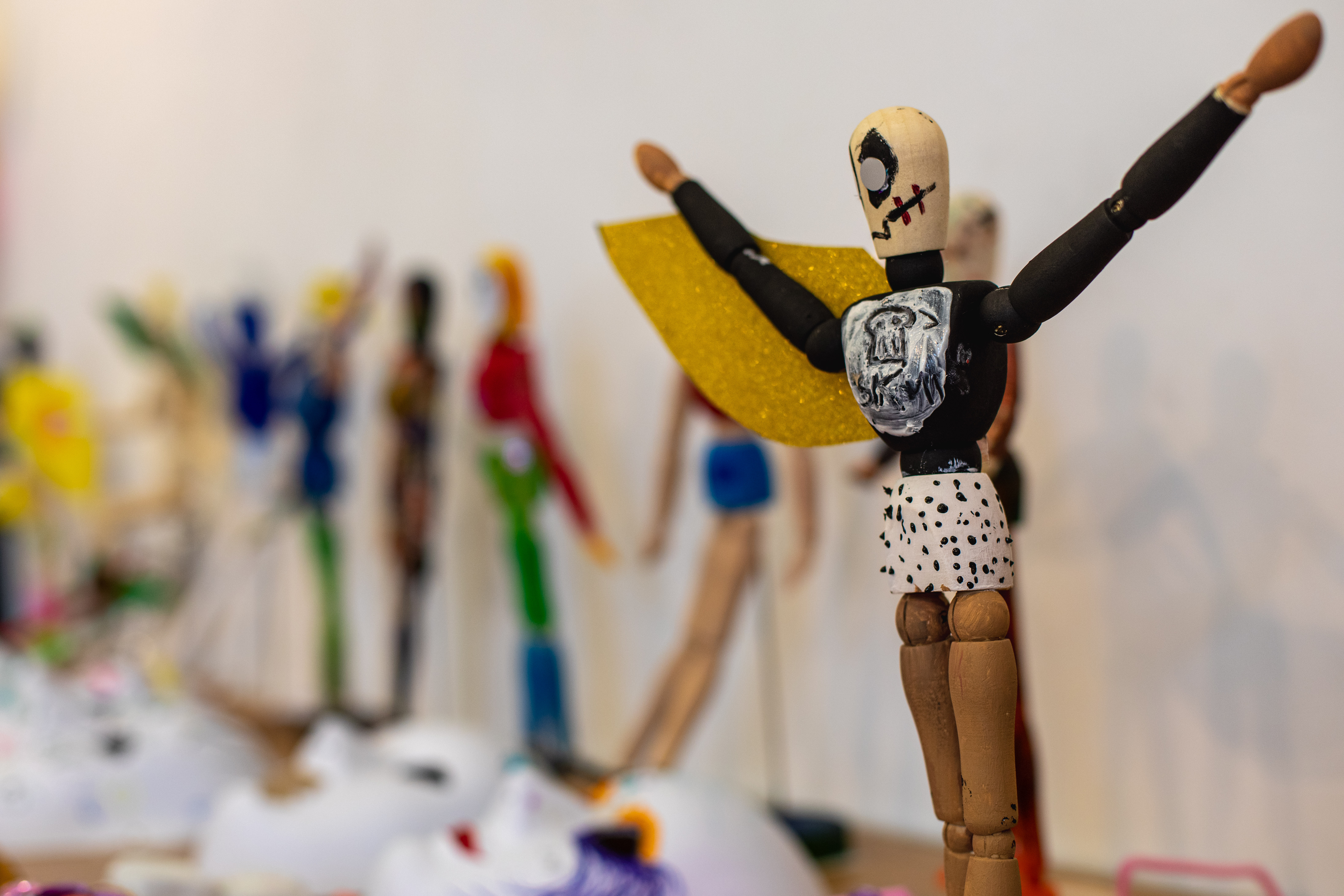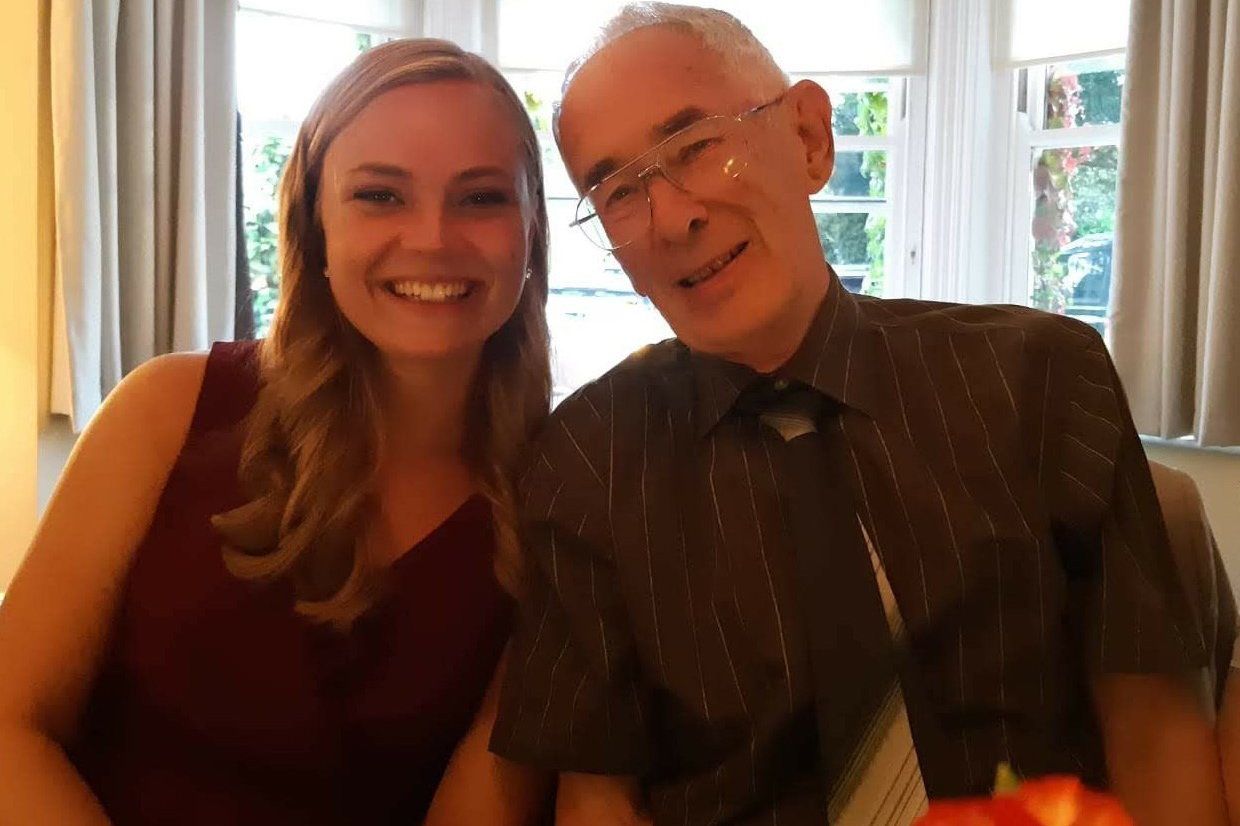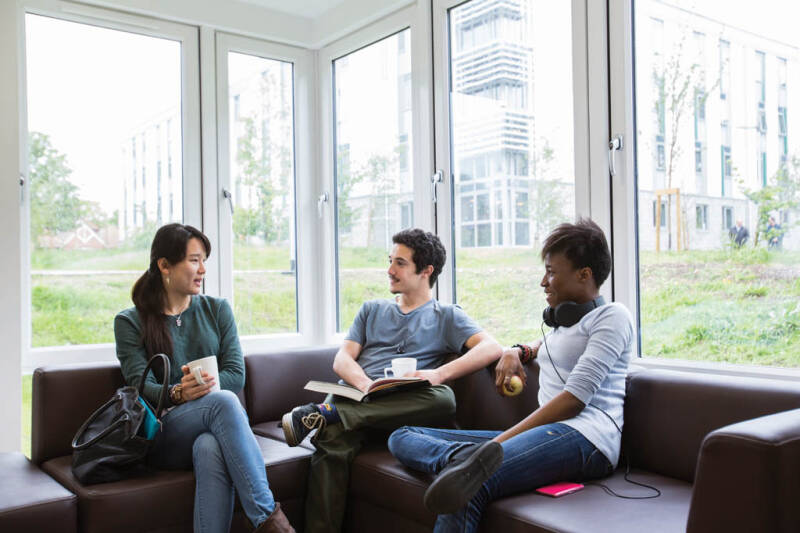Details and selection process for the Sandpits
The Future Human Signature Research Theme have been allocated two Vice-Chancellor PhD Studentships to start in the 2023-24 academic year. We will be allocating these two studentships to named supervisory teams running a pre-determined project. To select these supervisory teams, the Future Human leadership team are running a research Sandpit event, specifically designed to creatively generate cross-disciplinary projects that align with the Theme. The Sandpit event will include 20-30 academics, from a range of disciplines and career stages, through which it is hoped 8-15 project ideas will be formed. From these project ideas, two supervisory teams will be awarded the PhD studentships. Seedcorn funding awards are available to support the development of other projects ideas arising from the Sandpits.
More details about the Sandpits are provided in this document and a full briefing pack will later be provided to those academics involved in the Sandpits. It is anticipated that more than 30 academics will be interested in attending the Sandpits, so we need a run a process to select the academics to attend this event. A short application form can be found on the last two pages of this document, which will need to be submitted to the Future Human Leads by 9:30am on Wednesday 28th September 2022 to be considered for the Sandpits (email your application form to futurehuman@kent.ac.uk). The applications should come from individual academics (rather than pre-formed teams), as the purpose of the Sandpit is to develop new collaborations and projects. If you are not able to attend the set dates for the Sandpits, or are not selected for them this time, there are still other ways to get involved with the resulting projects and we hope to run a similar process for the 2024-25 studentships.
Dates
22nd July 2022 Sandpit applications open
28th September 2022 Sandpit applications close
28th September 2022 Staff notified of outcome of applications
12th October 2022 Pre-Sandpit workshop (12-1pm delivered live and online)
19th and 20th October 2022 Sandpits (in person, 9:30am-4pm, must attend both days)
3rd November 2022 Pitching/presentations of projects
8th November 2022 Staff notified of outcome of studentship projects
- In the Sandpits, teams of two or more academics will form to co-develop a PhD project idea. The project proposals will be presented to a Panel two weeks after the Sandpit.
- Additional supervisors and/or advisors can be added to this team, and these people do not have to be at the Sandpit. They may be from academia (Kent or another institution) or from business/industry. They do not need to be involved in the pitching of the projects.
- Projects will need to be within the scope of the Future Human Signature Research Theme. For more information on this, please see the description on the Future Human website and blog and read the short paragraph on the following page. More information on Future Human will be provided in the in the pre-Sandpit workshop.
- Projects will need to be demonstrably interdisciplinary, and ideally involve academics from two or more Divisions.
- In addition to being suitable for a PhD studentship, the project will need to propose a plan to develop and submit an application for external funding.
What to expect from the Sandpits
The Sandpits on the 19th and 20th October will bring together 20-30 academics from a range of disciplines and Divisions. The Future Human team will facilitate the Sandpit to guide the participants through a number of interactive conversations and activities that allow everyone to share ideas and engage their curiosity. Through this process, participants will develop ideas and interests for projects that can be shared with and commented on by peers, allowing a dynamic reframing and revising of ideas. Co-design lies at the heart of the Sandpit, and we will help support participants to self-organise into collaborative teams centred around a research idea or ideas – suitable for PhD Studentships – that they are interested in exploring further. The formed teams will co-develop their research ideas and gradually work this up into a project pitch that is scheduled for the week after the Sandpits.
The Sandpits are scheduled to run all day and in-person on the 19th and 20th of October. Sandpits can be intense, but also intellectually exhausting. The activities across the days will be interspersed with break-out time, coffee stops, and varied tasks to help keep the mind active. Participants will need to attend the whole of both the Sandpit days. If you cannot make a section of a day because another commitment cannot be rescheduled, please let us know. We will try and schedule the day so that start/finish time and more flexible activities (e.g. break-out sessions) are run when childcare commitments are more likely (e.g. the school run).
An overview of Future Human
Future Human explores the use of tools, techniques, and technology for human enhancement and/or restoration (sometimes referred to as human augmentation). Only a true transdisciplinary approach can fully understand the opportunities, limits, challenges, and risks of using scientific and technological advancement to restore or improve performance/function and overcome current limits of body and mind.
Human augmentation is the application of science and technology to improve human performance temporarily or permanently. This can be achieved at two levels: 1) optimisation, and 2) enhancement. Human performance optimisation is the improvement of human performance up to the limit of biological potential without adding new capabilities (e.g. wearing glasses). Human performance enhancement is when performance goes beyond the limit of biological potential (e.g. using binoculars) and can include additional capabilities that are not innate to humans (e.g. night vision googles). Optimisation and enhancement can be applied to a range of populations, from those with an injury or chronic disease, to an elite athlete. Thus, the outcome of augmentation may be to restore performance/function to that of a ‘normal’ person or extend it beyond biological potential.
What and how the body can be augmented defines the possible, but other fields such as law, politics and ethics will help determine its place in society. The opportunities that human augmentation provides for changing how we work, how we stay healthy, and how we live and experience our everyday lives crosses multiple government strategies, Research Councils and Challenge Funds, and provides scope for broad collaboration outside of academia.
The Future Human Signature Research Theme considers both optimisation and enhancement, and the consequences of their development and application across any human population and society.
If you have any questions about the Sandpits or Future Human more generally, please get in contact with Sarah Hotham (s.hotham@kent.ac.uk) or Lex Mauger (l.mauger@kent.ac.uk).
Future Human Sandpit Application Form
